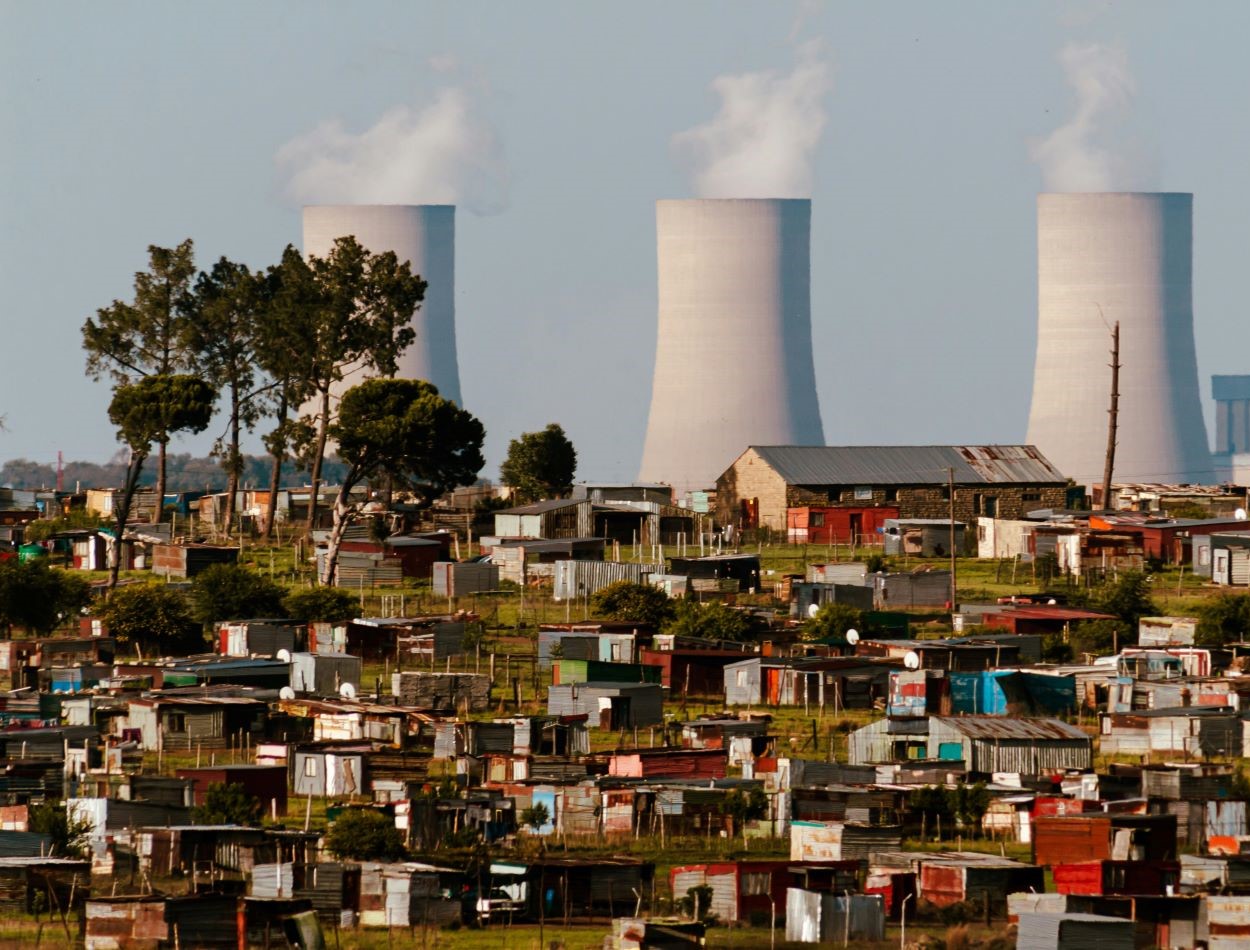The International Monetary Fund (IMF) has projected that Uganda economy will experience significant growth, reaching double digits in the next financial year, spurred by the start of commercial crude oil production.
According to a recently published IMF report, Uganda’s economy is expected to grow by 10.8% in the 2025/2026 fiscal year, compared to a projection of 6.2% for the previous period.
“Growth is expected to strengthen, boosted by the start of oil production, which will make lasting improvements to the fiscal and current account balances,” the IMF noted.
Crude oil production in Uganda has been delayed for nearly two decades for several reasons, including disputes with oil companies over development strategies and a lack of necessary infrastructure.
However, after a long wait, the Yoweri Museveni-led nation is finally set to commence crude oil production and exportation from its western fields next year.
Uganda’s commercial oil reserves were discovered in 2006 and are estimated at 6.5 billion barrels. Notably, once production commences and reaches its peak the country is expected to pump approximately 240,000 barrels per day.
The IMF report notes that this oil production will transform Uganda’s economic landscape and will go a long way in promoting infrastructure development, job creation, and debt reduction.
Challenges impeding Uganda’s economic growth
However, despite the positive projection, the IMF also emphasized the challenges Uganda faces, particularly in managing its foreign exchange (FX) reserves.
Uganda’s FX reserves dropped to $3.2 billion in June 2024, down from $3.7 billion in December 2023. The report attributed this decline to the high cost of debt servicing, the government’s difficulty in securing affordable credit, and limited hard currency purchases. To counter this, the IMF urged the central bank to intervene by reducing government imports, enhancing FX purchases, and adopting a more flexible exchange rate.
While the anticipated oil production is expected to boost Uganda’s economy, the IMF pointed to several downside risks that could impede this growth. They include potential delays in oil production, climate-related shocks, and external financing challenges exacerbated by the Anti-Homosexuality Act.
The Act that proposes harsh consequences for LGBTQ+ individuals has already drawn immense international criticism since its passing. This has hindered the East African country’s ability to attract external funding and investment.
In addition, inflationary pressures remain a concern, with the IMF predicting inflation to hover near the Bank of Uganda’s target of 5% in the 2024/2025 fiscal year. Upside risks to inflation could arise from commodity price volatility, unfavorable weather conditions, and exchange rate depreciation driven by limited capital inflows.
In light of these challenges, the IMF recommended that Uganda focus on creating fiscal space through revenue-based fiscal consolidation, prudent management of oil revenues, and improving expenditure discipline.
Additionally, the report emphasized the importance of continued monetary policy adjustments to anchor inflation expectations and maintain exchange rate flexibility, especially as the country prepares to start crude oil production.






